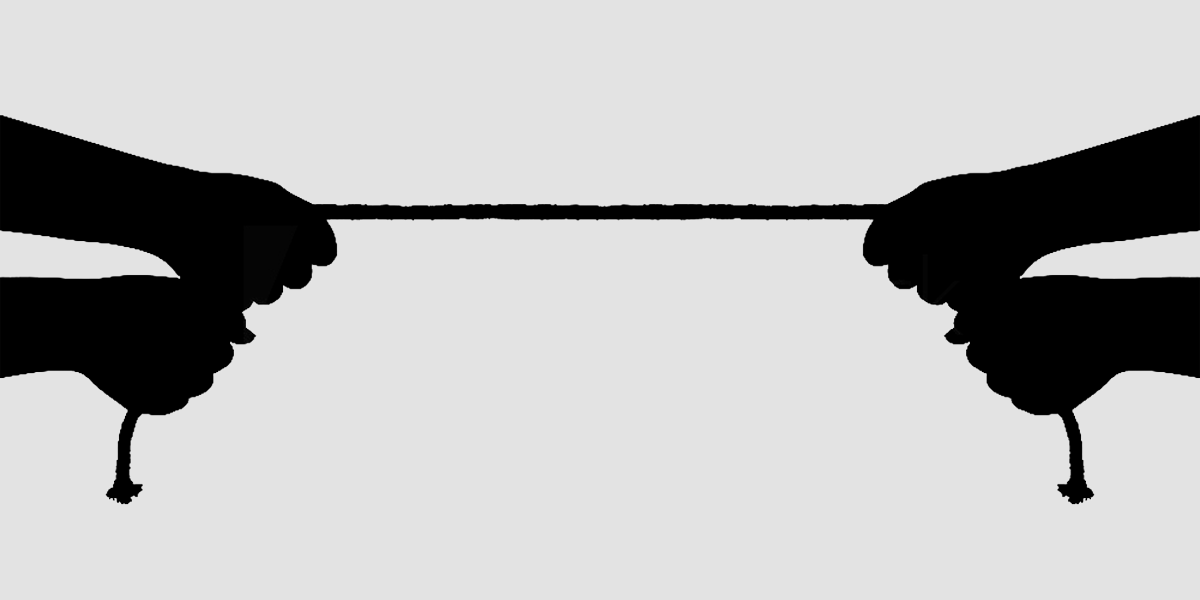Determined to discover the key to success, Adam Grant began a long process of interviewing and researching everyone from lawyers to professional basketball players. The answer was much more intuitive than talent, determination, and good fortune; what set many successful people apart from the rest of the pack was their interpersonal code of conduct. In his New York Times and Wall Street Journal bestseller Give and Take, Grant delves into the impact of reciprocity on professional advancement. Here are 9 key insights from the book.
-
There are three types of people—givers, takers, and matchers—and professional success is inextricably tied to their reciprocity profile.
While you might assume someone who spends their time helping others has a hard time climbing to the top of the ladder of professional success, people who prioritize others’ interest tend to be some of the most successful in the world. Takers (people who consistently place their own needs before others) and matchers (people who reciprocate good deeds but keep the balance even) occupy the middle of the ladder, and the bottom is populated, again, by givers.
-
Givers’ success is unique, benefitting others and spreading success to their network or cause.
Givers understand that most success is not zero-sum, and seek to create room for not only themselves to succeed, but their peers as well. They share credit, help out others when they may not benefit personally from the effort, and look for ways to increase value and reward for themselves and others.
-
In an increasingly connected world, givers’ broad and fruitful networks work to their advantage. Build a similar web with one giver’s effective 5-minute favor rule.
Networks are not built on a transactional basis, but rather built on goodwill and paying it forward. By doing a 5-minute favor for anyone who asks–yes, anyone–you can build a large network based on giving, rather than getting.
-
Collaboration favors the giver, and the giver favors collaboration.
Givers easily see things from different perspectives, making them agreeable and understanding in group situations. Furthermore, by contributing help wherever they can (instead of only when it would benefit them and their specific responsibilities), they can establish a norm of giving and free-flowing ideas within their team.
-
Givers make great mentors by prioritizing motivation rather than talent.
A professional pianist was more likely an average 5-year-old with an exceptionally supportive teacher than a prodigious young talent. Givers treat all their pupils as valuable, and provide extra support to those who work hard and show motivation, encouraging diligence and resilience.
-
Revealing your weaknesses makes you a more effective communicator.
Powerless communication–speaking with qualifiers, disarming anecdotes, and admissions of your own shortcomings–is more influential than declarative, formal, commanding speech patterns. Relating to your audience, rather than dominating them, can be the most powerful form of persuasion.
-
Self-interest and a concern for others are not mutually exclusive. Successful givers balance their ambition with others’ best interests.
Selflessness separated the givers at the top and bottom of the ladder–and not the way you might think. Successful givers are not selfless. Instead, they maintain a high level of self-interest and ambition while also concerning themselves with others’ needs.
-
Givers engage in strategic giving to avoid being taken advantage of, and work to establish a norm of giving in groups.
Rather than blindly giving time and energy to anyone, a successful giver will adjust their reciprocity style to avoid becoming a doormat. When confronted with a taker, they become matchers, maintaining their integrity. In a group, however, givers give more, and do so publicly, helping to establish a norm of giving within their community.
-
Create a reciprocity ring to spread the giving spirit.
Unsure how to fill your workplace or classroom with givers? Create a structured opportunity for giving and asking. Matchers and selfless givers often hesitate to ask for help, and takers hesitate to give. When asking for help and providing solutions are required, paying it forward quickly becomes habit.



























